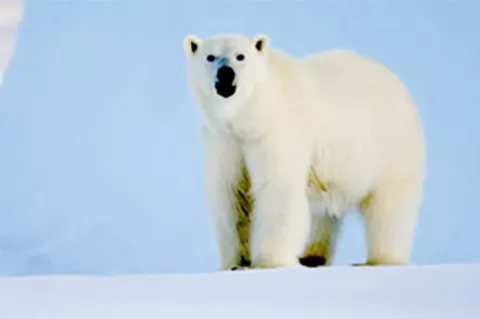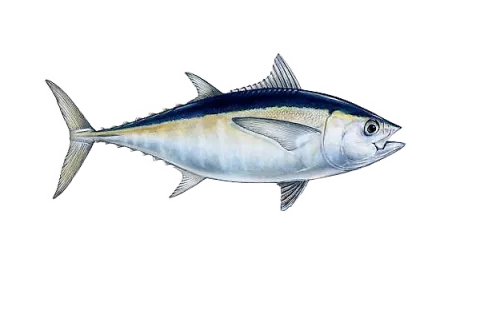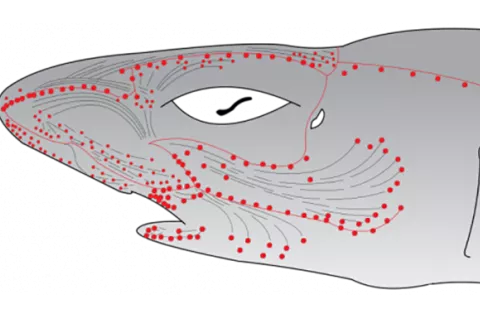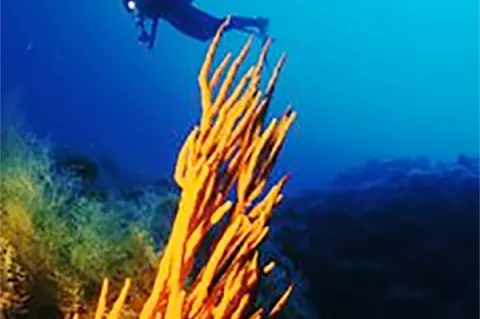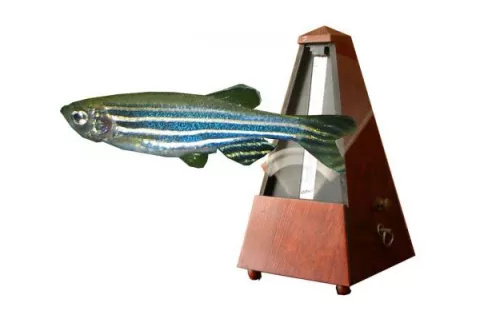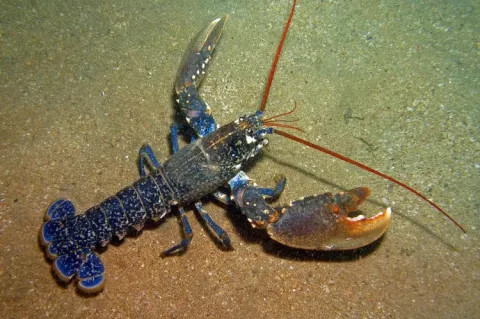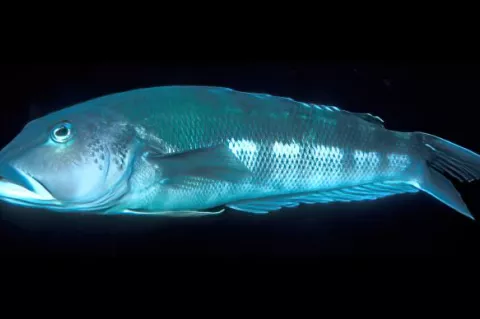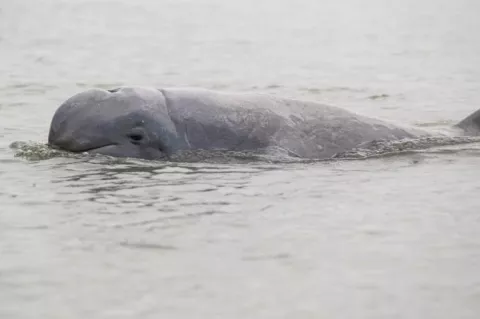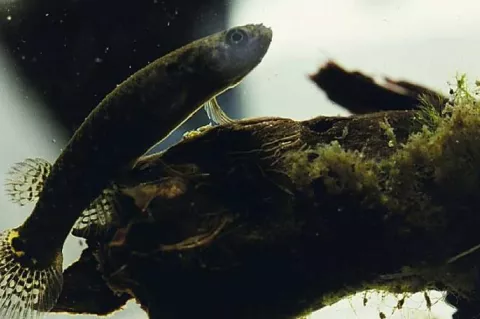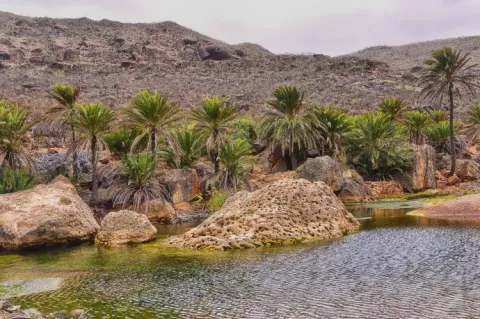Exhibition: Melt Down in the Arctic
In her new exhibition, Melt Down - Climate Change In The High Arctic, celebrated photojournalist and Arctic specialist Louise Murray highlights the dramatic melting of the ice sheets in the Arctic through a series of beautiful photographs. We have an exclusive gallery of images from the exhibition below.
Louise is a self-confessed polar nut with 15 years of experience as a professional, she spends much time plotting her next visit to the high north.
- Read more about Exhibition: Melt Down in the Arctic
- Log in to post comments

